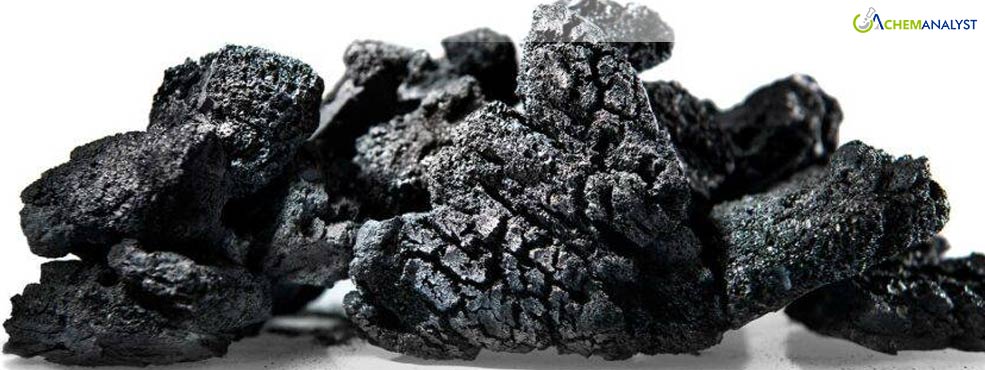Welcome To ChemAnalyst

The Carbon Black market in Asia is facing significant challenges as prices continue to fall due to weakening demand and declining feedstock costs. Carbon Black, a critical material in the tire and rubber industries, is experiencing a slowdown in production and sales, as market players struggle to adapt to changing conditions.
The main factor behind the drop in Carbon Black prices is the fluctuation in the feedstock costs. The volatile global petrochemical market, driven by ongoing geopolitical tensions and concerns about supply disruptions, continues to affect production costs. Rising energy prices have led to increased production expenses, reducing manufacturers' profit margins. The fluctuation in energy prices is creating an unstable environment for Carbon Black producers.
In addition, the automotive sector—one of the largest consumers of Carbon Black—is facing a sharp decline in sales. The market for internal combustion engine vehicles, hybrid electric vehicles, and pickup trucks has been particularly hard-hit. Factors such as slow economic growth, tightening credit conditions, and rising loan rejection rates are making it more difficult for consumers to secure financing for vehicle purchases. As a result, demand for tires—and by extension, for Carbon Black black—has weakened significantly.
Asian Carbon Black producers are also grappling with external challenges. Fluctuating shipping costs and ongoing tariff investigations have complicated the region's export dynamics, creating uncertainty in the global Carbon Black trade. While markets in Europe, the Middle East, and North America remain important for Asian suppliers, these hurdles are making it more difficult to capitalize on opportunities abroad.
Despite the downturn, some regions are showing resilience. In India, domestic car manufacturers reported decent sales in December, driven by high demand for SUVs and year-end discounts. Maruti Suzuki saw a 24% increase in sales, including a 29% rise in small car sales—the first growth in this segment in 20 months. However, this momentum has not been enough to offset the broader challenges facing the Carbon Black market.
Meanwhile, the Indonesian rupiah is under pressure due to the country’s monetary policy decisions and the strengthening US dollar. Despite high interest rates to stabilize the rupiah, these measures are limiting economic growth and tightening financial conditions. Similarly, other Asian currencies continued to witness a decline against US dollar. As a result, Indonesia faces a delicate balance between currency stability and growth.
With Carbon Black prices continuing to decline, industry players are adjusting their production and sales strategies in hopes of a market recovery. However, the uncertain global economic landscape and ongoing pressures suggest a challenging year ahead.
We use cookies to deliver the best possible experience on our website. To learn more, visit our Privacy Policy. By continuing to use this site or by closing this box, you consent to our use of cookies. More info.
